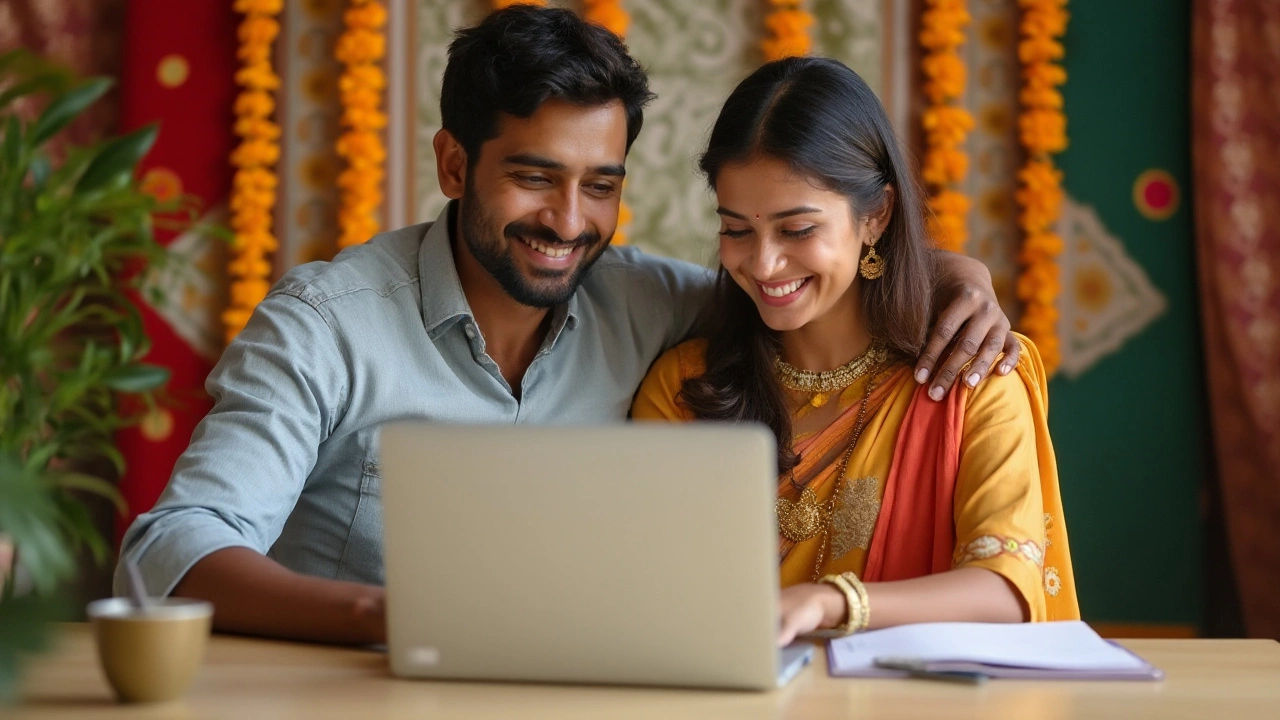Legal Marriage Procedures in India – What You Need to Do
Getting married is exciting, but the legal side can feel like a maze. Don’t worry—this guide breaks down the whole process into bite‑size steps so you can focus on the celebration, not the paperwork.
Step 1: Choose the Right Law and Gather Basic Docs
The first decision is which marriage law applies to you. Most couples use the Hindu Marriage Act, the Special Marriage Act, or the Indian Christian Marriage Act. Once you know the law, collect the basic documents: birth certificates, proof of address, a passport‑size photo, and an affidavit stating you’re not already married. If you’re under 21 (for men) or 18 (for women), you’ll need parental consent.
Step 2: File the Notice of Intended Marriage
Under the Special Marriage Act, you must give a 30‑day notice to the marriage officer (the Sub‑Registrar) of the district where you plan to marry. The officer will display the notice publicly for any objections. If you marry under personal laws (like Hindu or Christian), the notice period may be shorter or not required, but you still need to inform the registrar of your intent.
During this period, both parties must be present and sign the notice. Keep a copy of the receipt—it’s your proof that you’ve started the legal process.
Step 3: Register the Marriage
After the 30‑day waiting period (or when the notice is cleared), you can schedule the registration. Both partners, two witnesses, and the registrar need to be present. The registrar will check your documents, record the marriage details, and issue a marriage certificate.
The certificate is the legal proof of your marriage. Store it safely; you’ll need it for passport applications, bank accounts, and any future legal matters.
Step 4: Take Care of Post‑Marriage Formalities
Once you have the marriage certificate, you might want to update your name, add a spouse as a nominee on your bank accounts, and adjust tax filing status. Each bank or government office has its own form, but the marriage certificate is the common requirement.
If you’re planning a religious ceremony, you can hold it before or after the legal registration. The law only cares that the registration is done; the prayer ceremony is optional.
Quick Tips to Avoid Common Pitfalls
Check document validity. A birth certificate older than two years may be rejected.
Bring original documents. Photocopies are usually not accepted for verification.
Know the local office hours. Sub‑Registrar offices often close early on Fridays.
Plan for the waiting period. Use the 30 days to finalize your wedding plans, not to stress about paperwork.
Following these steps will keep the legal side of your marriage smooth and stress‑free. You’ll have a valid marriage certificate, all the necessary documents, and peace of mind to enjoy your new life together.

Understanding India's New Marriage Registration Laws in 2024
In 2024, India has implemented several changes to its marriage registration laws aimed at simplifying procedures and ensuring legal clarity for couples. These updates focus on digital registration processes, marriage age requirements, and inclusive recognition of diverse unions. The new regulations are designed to streamline marriage formalities, making the process more straightforward and accessible. For couples looking to marry in India, it’s essential to understand these changes to ensure compliance with legal requirements.